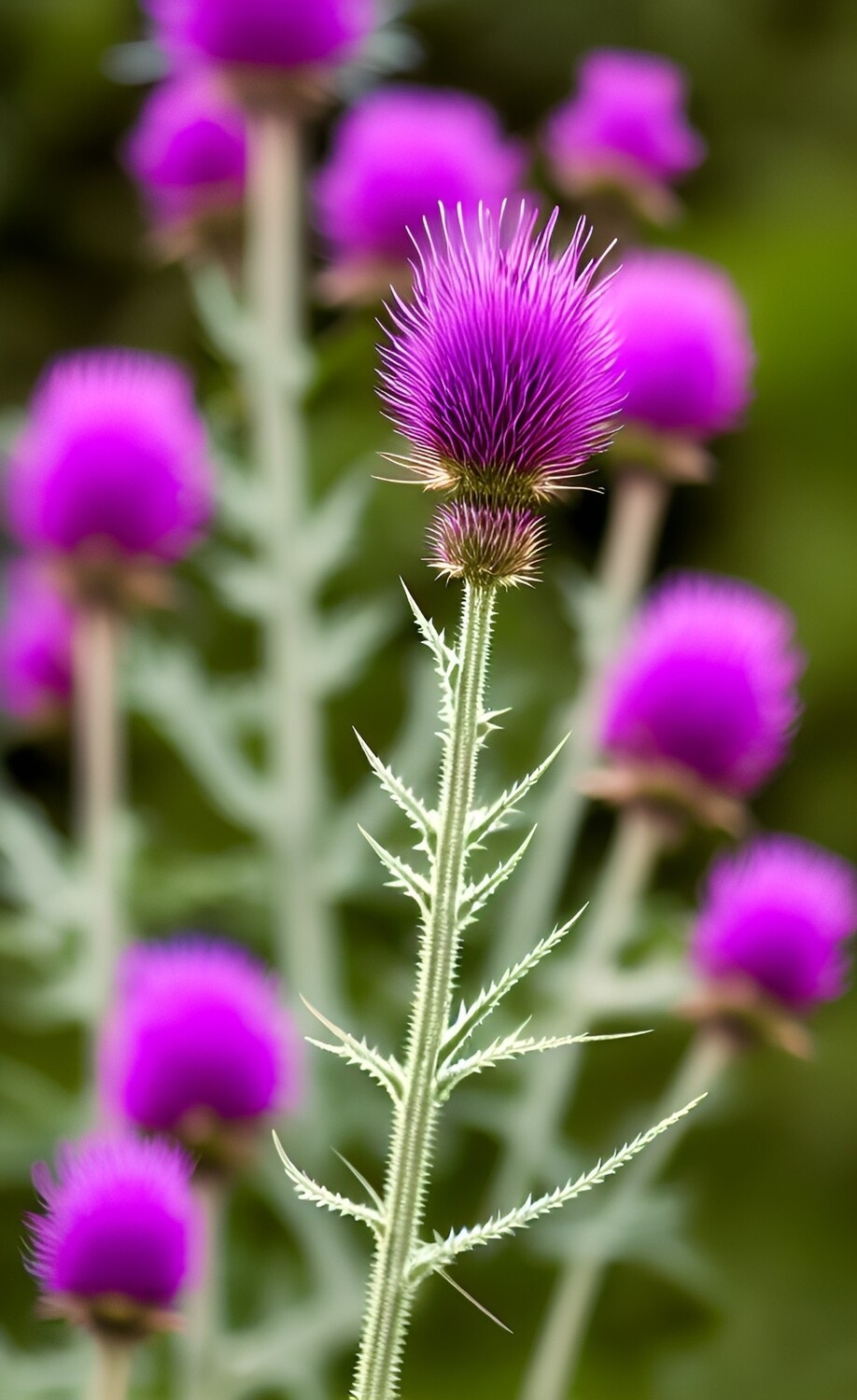Why Botanical Latin Names Matter in Gardening and Horticulture
Have you ever tried to talk to someone about a particular plant, only to realize that you were both using different names for it? Common names for plants can vary greatly depending on region, language, and even personal preference, which can make it difficult to communicate about plants. That's why botanical Latin names are so important in gardening and horticulture.
In a recent article from the Associated Press, author Dean Fosdick highlights the importance of using botanical Latin names when referring to plants. According to Fosdick, "Botanical Latin is the universal language of plant names" because it provides a standardized way of identifying and discussing plants.
So why do botanical Latin names matter? For one, they provide a universal language for communicating about plants. Unlike common names, which can vary widely, botanical Latin names are standardized and provide a clear way of identifying a particular plant. This is especially important in scientific research, where accurate identification is crucial.
Additionally, botanical Latin names can help avoid confusion when discussing plants. For example, the common name "mayapple" can refer to several different plants, depending on the region. However, the botanical Latin name Podophyllum peltatum refers specifically to the plant known as mayapple, making it a more precise way of referring to the plant.
So how do you correctly use botanical Latin names? Fosdick provides a few tips, such as using the genus and species names together (e.g. Rosa canina for the dog rose) and italicizing or underlining the names to indicate that they are in Latin. It's also important to note that the first letter of the genus name should be capitalized, while the species name should be lowercase.
If you're new to using botanical Latin names, it can seem intimidating at first. But with a little practice, you'll find that it's an easy and precise way of identifying and discussing plants. Plus, using botanical Latin names can help you learn more about the plants you're interested in, as the names often provide clues to the plant's characteristics or origins.
Botanical Latin names are an important part of gardening and horticulture. They provide a standardized language for discussing plants, which can help avoid confusion and ensure accuracy in scientific research. If you're new to using botanical Latin names, don't be afraid to give it a try - it's a great way to deepen your understanding and appreciation of plants.
